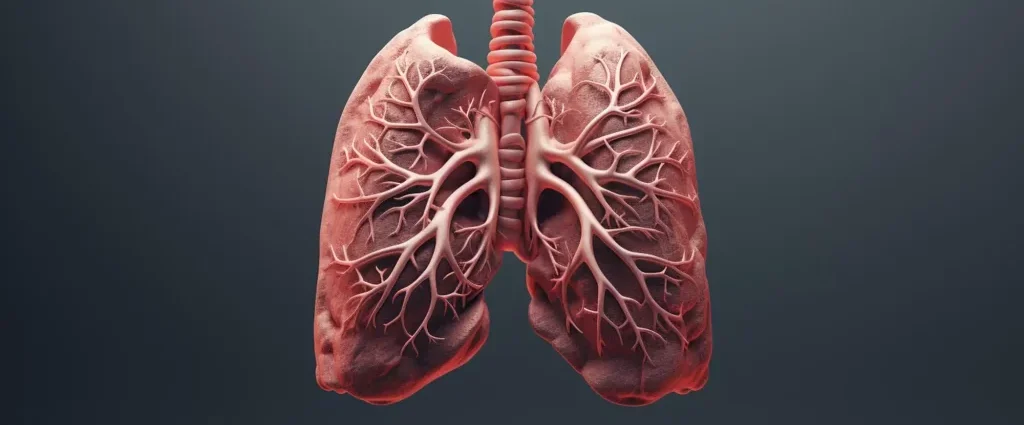Cystic fibrosis is a fairly complex pathology that has improved in recent years. Currently, it has a survival of about 40 years (in some cases even up to 50 years). However, there is still a long way to go and specialists in this type of multisystem disease have high hopes for gene therapy and the development of protein therapy.
What Is Cystic Fibrosis?
Cystic fibrosis is a genetic disease, caused by a defective gene that involves the production of a particularly thick and sticky mucus, which accumulates in the pancreas and airways of the lungs.
The accumulation of this substance causes worrying digestive problems and deadly lung infections. Similarly, cystic fibrosis can affect the male reproductive system and the sweat glands.
Although many people are carriers of this gene, they may not show any symptoms throughout their lives. This is because it is necessary to inherit 2 defective genes (1 by each parent) to make the disease appear.
Most children with cystic fibrosis are diagnosed at 2 years of age. When the disease occurs milder, the disease may not be detected until the age of 18 or even later.
This disease can have serious consequences for the patient, such as chronic disability, and can even cause death. In addition, it is more common in the case of the white race and each patient can manifest it in different ways and to varying degrees. Pulmonary involvement is the most serious of all when lung tissue deteriorates, which sometimes requires a transplant.
There is no doubt that the pathology has an unencouraging picture, although an early diagnosis and an appropriate treatment are the keys to reducing its effects.
Causes
It is an inherited disorder that causes serious damage to the digestive system, lungs, and other organs of the body. The disease has an impact on the actions of cells responsible for producing sweat, digestive juices, and mucus, whose secret fluids are light and slip.
However, cystic fibrosis is endowed with a defective gene that turns these secretions into thick and sticky. Thus, instead of working as mere lubricants, these substances do is cover necessary ducts in the area of the pancreas and lungs.
Cystic fibrosis progresses over time, which does not mean that patients should not receive medical care and cannot lead a normal life. Without going any further, the people suffering have a higher quality of life than the patients affected years ago.
Symptoms of Cystic Fibrosis:
Some signals may alert us to the possibility of meeting a person affected by cystic fibrosis, with the possibility of detecting it at an early age:
- The sweat glands are affected, leading to a salty sweat. The result may be a picture of dehydration in hot times.
- Lung diseases in the form of cough with expectation and frequent respiratory infections that hinder the individual’s respiratory capacity.
- Nose problems between sinusitis, rhinitis, or nasal polyposis (painful growths).
- Digestive symptoms are very common in affected patients. In this case, there is a poor absorption of fats and pancreatic insufficiency, generating nutritional deterioration. By progressing it can cause diabetes, which further complicates the situation.
- Infertility in men and reduced fertility in women.
Types of Cystic Fibrosis
Cystic fibrosis may occur in several different ways:
- Depending on the state of lung severity between mild, moderate, or severe.
- Based on the degree of pancreatic affectation, it is classified as sufficiency or pancreatic insufficiency.
- Depending on the mutations or alterations originating in the CFTR protein, cystic fibrosis can be divided into 6 different classes, leading to different therapies formed by enhancers and correctors focused on this protein.
